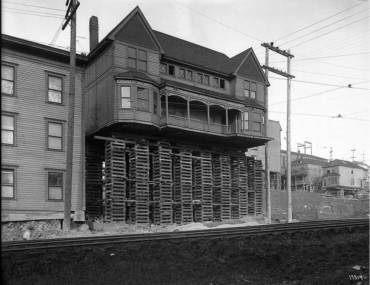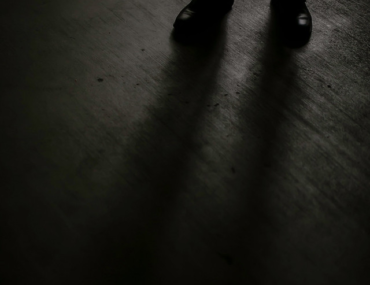Bill Watanabe offers a poetic reflection of death giving way to the life of future generations.
“Being retired meant that I could do whatever God led me to do…. I had the freedom to read, learn, think and do as my conscience directed.”
On February 23, 1943, the Wartime Relocation Authority had granted him permission to leave the Poston concentration camp long enough to be ordained…
Under the guidance of urban missionaries “Tommy” and Esther Thompson, the Nagano boys came to see this diverse amalgam of ethnicities, cultures, and outlooks as a rich tapestry of lifelong friendships.
Bill Watanabe offers a story of courage and compassion in the wake of the Japanese incarceration during World War II.
Uncle Cecil graduated with an engineering degree from USC around 1936 and discovered to his dismay that no one would hire him. In desperation, he took on a welder’s job at a fishing-boat repair shop in San Pedro. Very quickly he became a master…
In my family, we not only have Turkey but also Chinese dim sum and sushi — which always confused my friends unfamiliar with Asian-American traditions.
[A]nd provide for those who grieve in Zion — to bestow on them a crown of beauty instead of ashes.…
At the beginning of WW2, there was a curfew imposed in Southern California when people could not be on the streets and houses had to be darkened after 10 pm. This was because of the fear (real or imagined at the time) of a Japanese military invasion…
[Bill Watanabe is a legend in the Los Angeles Japanese American community. Born in the Manzanar concentration camp during World…










